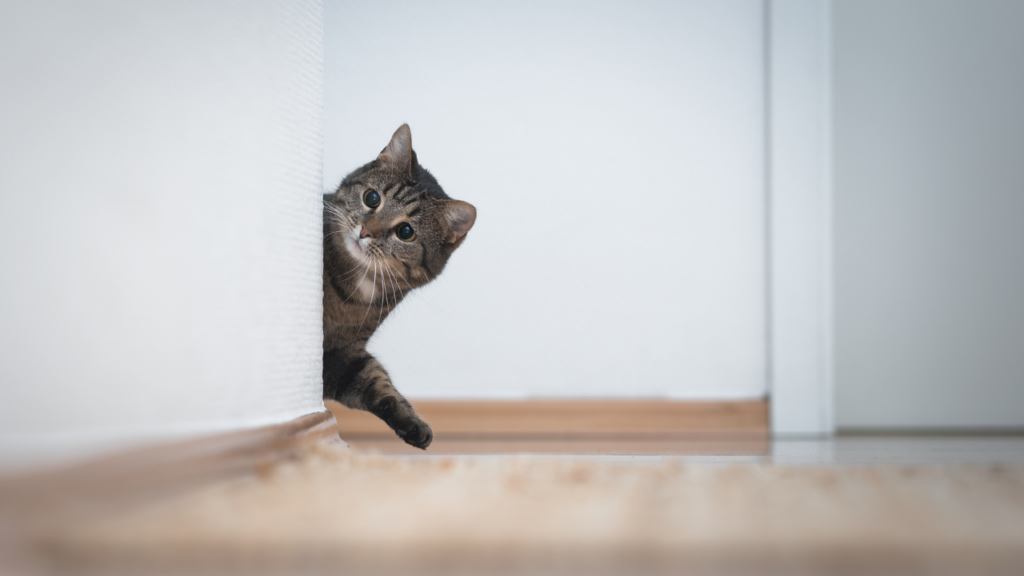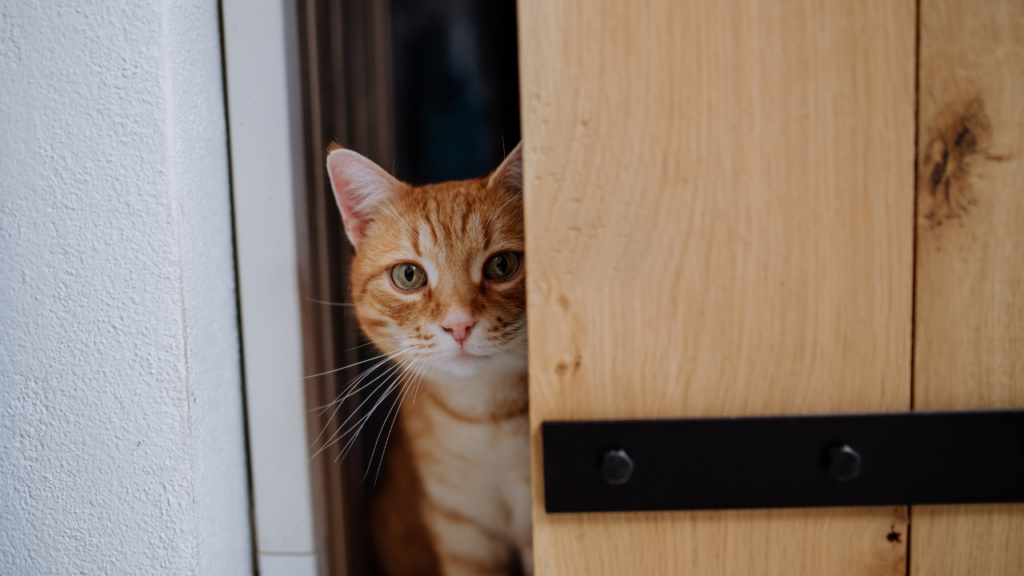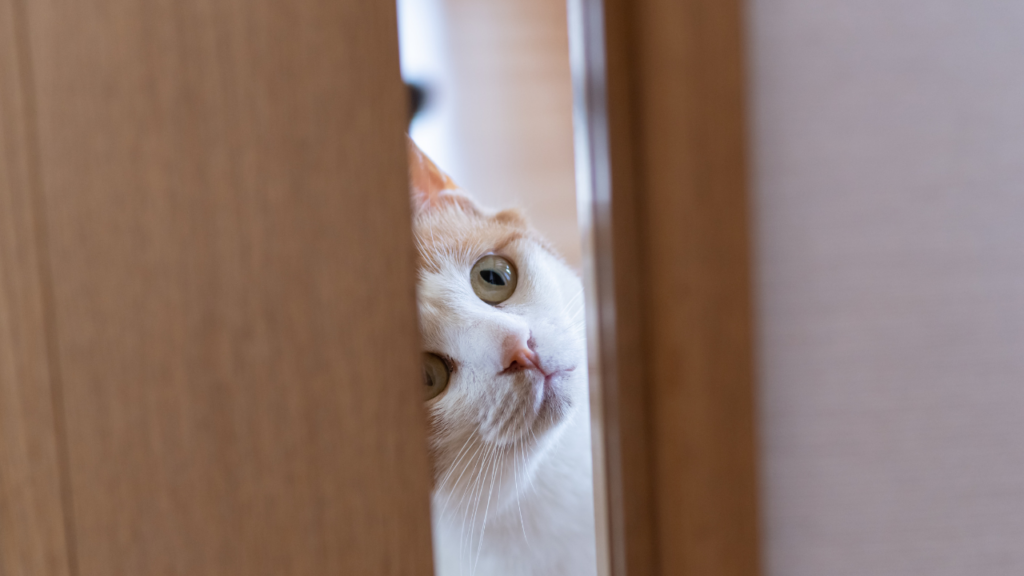Why do cats hate closed doors? What science says
Table of Contents

Every cat owner understands that living with a feline means never having privacy. They follow you to the bathroom, bedroom, and, of course, the kitchen. Any door you’re behind, in particular, becomes a feline adversary. But why do cats dislike closed doors? The explanation, with so much of pet behavior, emerges from a complicated intersection of modern living and primordial instincts. Here’s why your cat hates it when you shut them out and what you can do to preserve your paint intact.
Why do cats dislike closed doors?

When you go to the restroom and close the door, you may hear the sounds of a cat positively tearing the exterior (see also velcro dogs). They don’t just want to be near you. Cats have a distinct perspective on their own environment and a desire to dominate it. After all, they own your house as well.
First, there’s the matter of cat FOMO. Yes, you read that correctly: the dreadful Fear of Missing Out. This phenomena affects both humans and animals. While we may be envious of our friends’ vacations on social media, our four-legged pals are more concerned about why you closed the bedroom door. Dr. Karen Sueda, a veterinary behaviorist, told LiveScience: “The FOMO of like, ‘I don’t know what’s on the other side, and I want to go see and figure it out.'” We knew our cats were curious, but it’s still astonishing how many of their peculiarities stem from their desire to investigate.
Cats also feel compelled to understand and influence their surroundings, which is due in part to their unique position in their ecosystems. Remember that in the wild, tiny felines can be both predators and prey. “”Cats like to control access to spaces, vital basic needs, and territory,” Johnson told Live Science. “It does not make them mean.” It doesn’t make them anything other than a predator-prey species that must hunt in order to exist while still feeling safe and confident in their surroundings. That also explains why our furry friends transform boxes into miniature dens to keep them warm and safe from the outside world.
How can you avoid your feline friend from scratching the door?

We want to clarify that scratching the door is completely typical behavior and not a symptom of anything wrong with your pet, but that doesn’t make it any less frustrating. Don’t panic, there is hope for your doorframe. Follow these suggestions to avoid the worst of it, and consider scratch protection for the most heavily affected places.
Stay constant.
It is far preferable to keep certain locations off limits than to allow your cat in at times but not others. when this may be inevitable on occasion (you both need to use the bathroom, but you want privacy when showering), it can be beneficial to keep a few cat-free spaces. They will eventually give up and leave those locations alone (hopefully).
Provide scratching posts.
Cats have a natural desire to scratch, which helps them maintain their claws neat. A well-placed post can allow your beastie to vent their frustrations on a suitable surface. Once you’ve determined where your cat enjoys tearing up the most, cover those areas with as many scratching posts as you can accommodate.
Keep the toys around.
Finally, play can keep some of the cat’s energy and frustration from harming your walls. But be careful not to overstimulate your mouser. Recent study reveals that excessive playtime can have the opposite impact. Other stressors may also increase scratching activity, so assess your pet’s environment holistically to see if your cat is stressed.
Cats enjoy following us around, but they are quite upset when we close the door on them. To keep your baseboards and your sanity, try to follow our suggestions as closely as possible. Also, keep in mind that your pet may be under more stress than you know, particularly if you have a youngster or another pet in the house. Setting aside particular playtime helps to alleviate this nervous response. Check for any excessive noise, an overflowing litter box, or interruptions in the routine. When you suddenly move from entirely remote to hybrid, expect your best friend to act out. Finally, cat pheromone diffusers may be effective. While the research is limited, the findings are promising.
Why do cats hate closed doors? What science says Read More »
